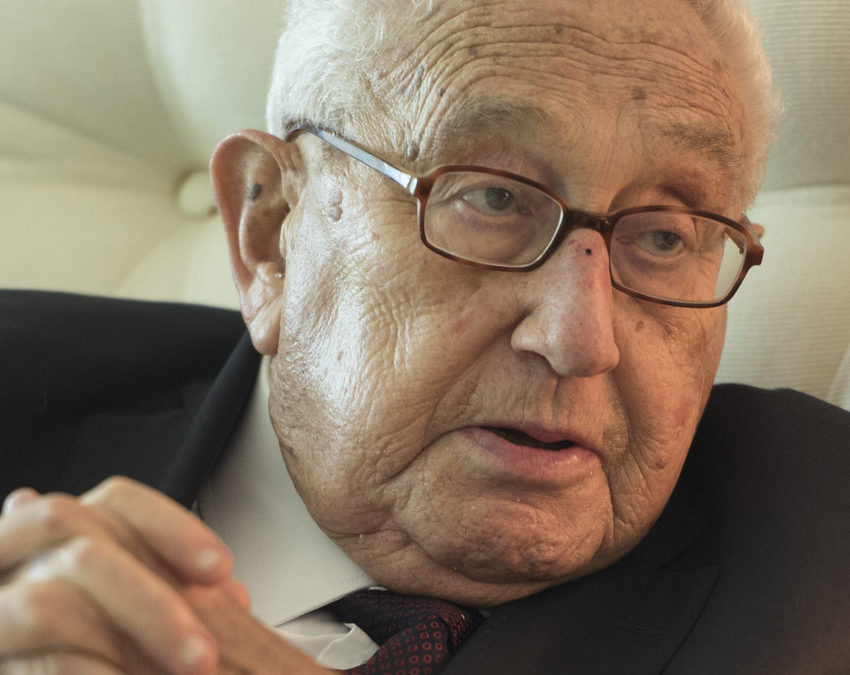One of the most fascinating features of religious cults is that their tenets are impervious to empirical refutation, or even disconfirmation. Every apparent exception to the reigning narrative, every refractory datum, has a ready explanation compatible with the story already believed by the cult members. The teachings are in effect metaphysical, which is why the group is able to continue to recite what they regard as “the gospel” no matter what transpires. Conceptually trapped within a fantasy world of their leader’s creation, the acolytes have been indoctrinated to believe that their leader...















